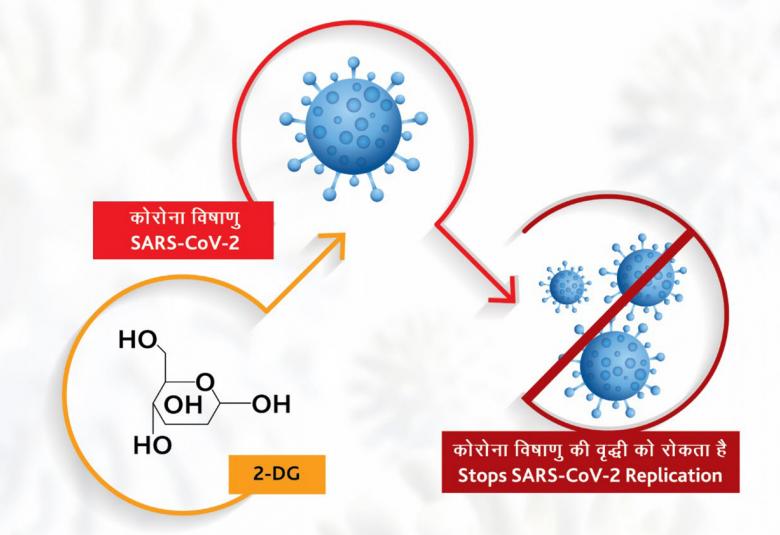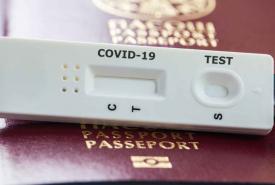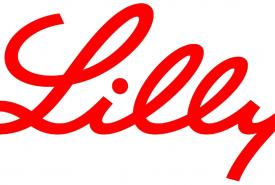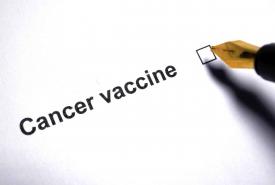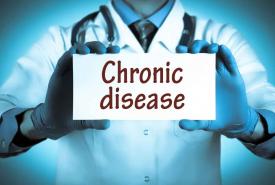DCGI approves 2-DG medicine for moderate to severe COVID-19 cases
The Drugs Controller General of India, DCGI, has given permission for the emergency use of 2 deoxyD-glucose, 2-DG medicine as an adjunct therapy in moderate to severe Covid-19 cases.
An anti-COVID-19 therapeutic application of the drug 2-deoxy-D-glucose (2-DG) has been developed by Institute of Nuclear Medicine and Allied Sciences (INMAS), a lab of Defence Research and Development Organisation (DRDO), in collaboration with Dr Reddy’s Laboratories (DRL), Hyderabad.


